Brontë Charlotte - Freuds couch, Scotts buttocks, Brontës grave
Here you can read online Brontë Charlotte - Freuds couch, Scotts buttocks, Brontës grave full text of the book (entire story) in english for free. Download pdf and epub, get meaning, cover and reviews about this ebook. City: Ch, year: 2011, publisher: University of Chicago Press, genre: Detective and thriller. Description of the work, (preface) as well as reviews are available. Best literature library LitArk.com created for fans of good reading and offers a wide selection of genres:
Romance novel
Science fiction
Adventure
Detective
Science
History
Home and family
Prose
Art
Politics
Computer
Non-fiction
Religion
Business
Children
Humor
Choose a favorite category and find really read worthwhile books. Enjoy immersion in the world of imagination, feel the emotions of the characters or learn something new for yourself, make an fascinating discovery.
- Book:Freuds couch, Scotts buttocks, Brontës grave
- Author:
- Publisher:University of Chicago Press
- Genre:
- Year:2011
- City:Ch
- Rating:3 / 5
- Favourites:Add to favourites
- Your mark:
Freuds couch, Scotts buttocks, Brontës grave: summary, description and annotation
We offer to read an annotation, description, summary or preface (depends on what the author of the book "Freuds couch, Scotts buttocks, Brontës grave" wrote himself). If you haven't found the necessary information about the book — write in the comments, we will try to find it.
The Victorian era was the high point of literary tourism. Writers such as Charles Dickens, George Eliot, and Sir Walter Scott became celebrities, and readers trekked far and wide for a glimpse of the places where their heroes wrote and thought, walked and talked. Even Shakespeare was roped in, as Victorian entrepreneurs transformed quiet Stratford-upon-Avon into a combination shrine and tourist trap.
Stratford continues to lure the tourists today, as do many other sites of literary pilgrimage throughout Britain. And our modern age could have no better guide to such places than Simon Goldhill. In Freuds Couch, Scotts Buttocks, Bronts Grave, Goldhill makes a pilgrimage to Sir Walter Scotts baronial mansion, Wordsworths cottage in the Lake District, the Bront parsonage, Shakespeares birthplace, and Freuds office in Hampstead. Traveling, as much as possible, by methods available to Victoriansand gamely negotiating distractions ranging from broken bicycles to a flock of giggling Japanese schoolgirlshe tries to discern what our forebears were looking for at these sites, as well as what they have to say to the modern mind. What does it matter that Emily Bronts hidden passions burned in this specific room? What does it mean, especially now that his fame has faded, that Scott self-consciously built an extravagant castle suitable for Ivanhoeand star-struck tourists visited it while he was still living there? Or that Freuds meticulous recreation of his Vienna office is now a meticulously preserved museum of itself? Or that Shakespeares birthplace features student actors declaiming snippets of his plays . . . in the garden of a house where he almost certainly never wrote a single line?
Goldhill brings to these inquiries his trademark wry humor and a lifetimes engagement with literature. The result is a travel book like no other, a reminder that even today, the writing life still has the power to inspire.
Brontë Charlotte: author's other books
Who wrote Freuds couch, Scotts buttocks, Brontës grave? Find out the surname, the name of the author of the book and a list of all author's works by series.


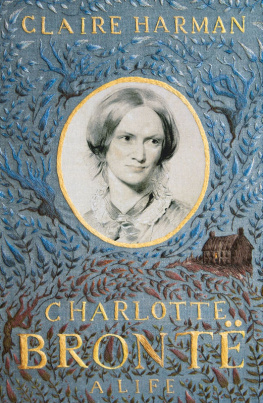
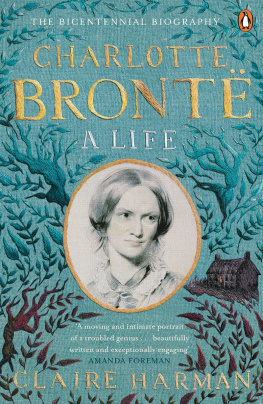

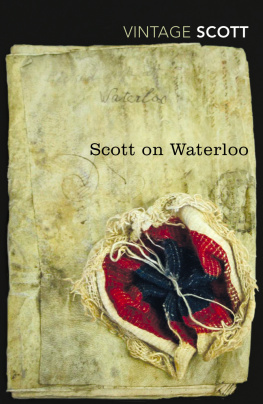
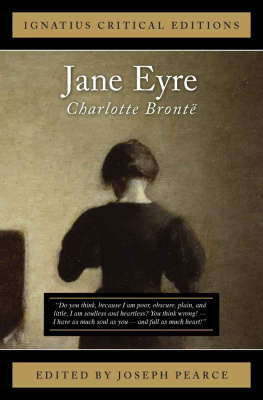

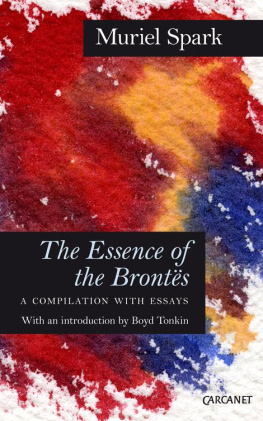
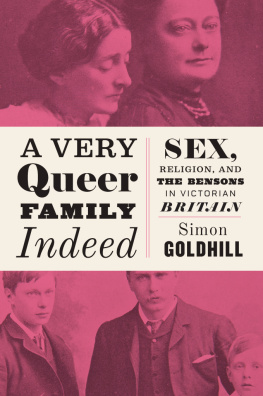
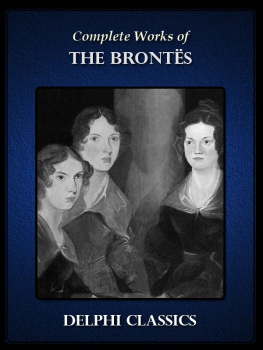
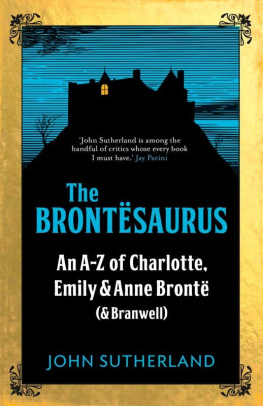
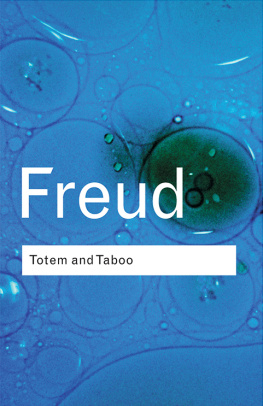

 This paper meets the requirements of ANSI/NISO
This paper meets the requirements of ANSI/NISO